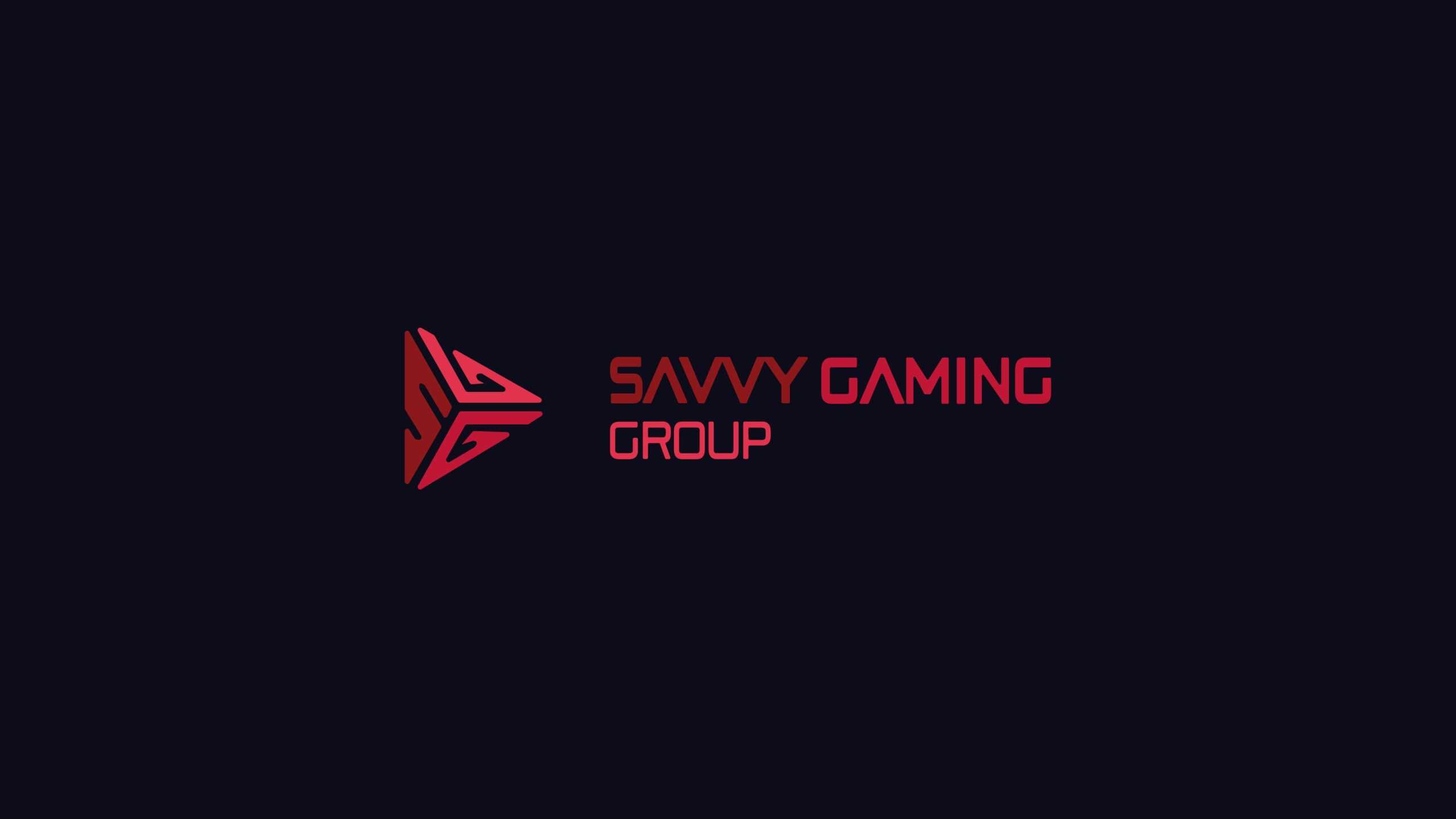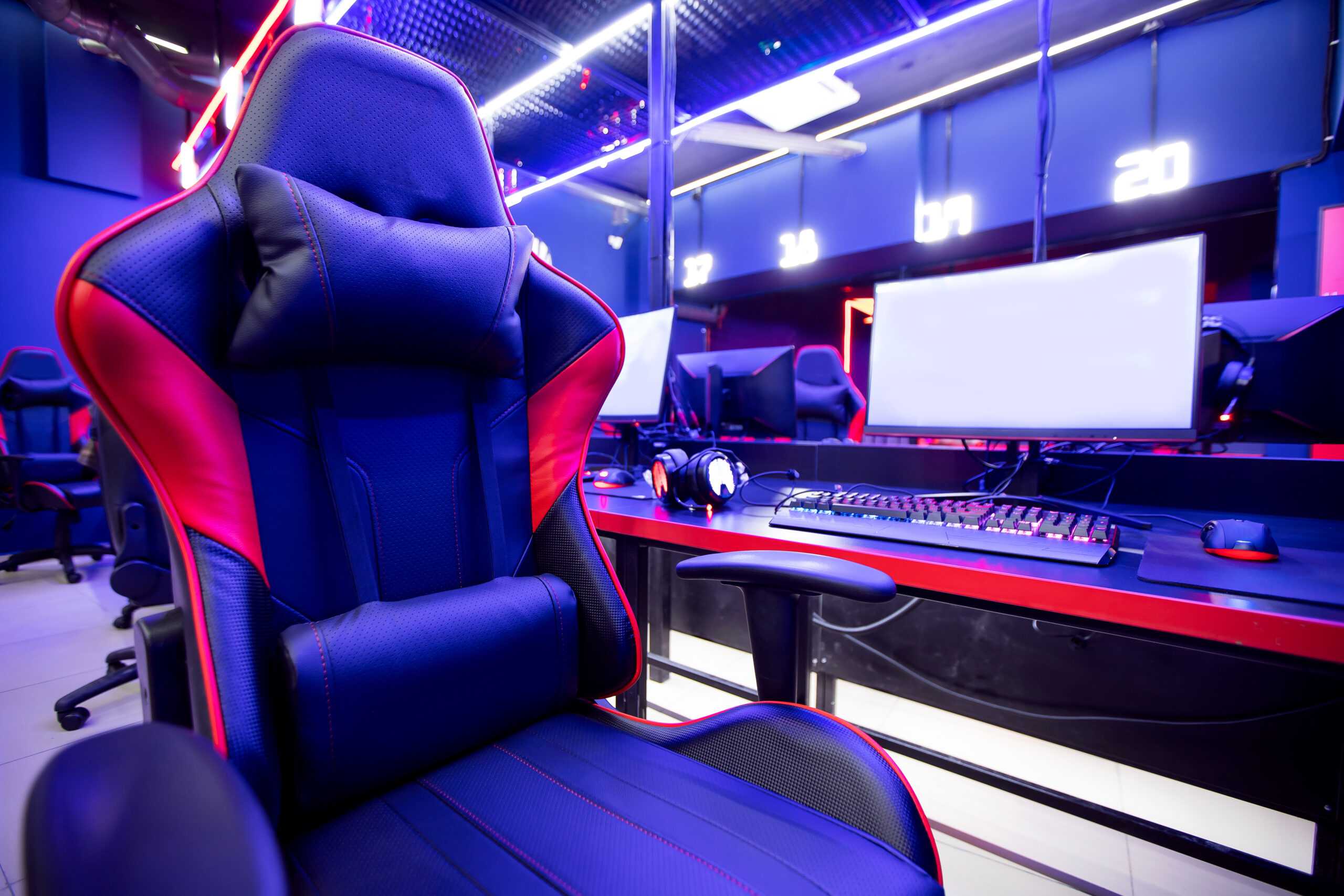Two of the leading esports tournament organizers, ESL and Faceit, are teaming up. The new ESL Faceit Group is coming together as part of a $1.5 billion acquisition by Savvy Gaming Group, which is part of Saudi Arabia’s Public Investment Fund (PIF). Savvy is currently overseen by former Activision VP Brian Ward, who managed blockbuster franchises like Call of Duty, Tony Hawk, and Guitar Hero.
The PIF, led by Prince Mohammed of Saudi Arabia, is the ninth-largest sovereign wealth fund in the world (managing over $430 billion) and has been quietly building up its presence in both gaming and traditional sports. Since 2020 it has purchased $3.3 billion worth of stock in Activision Blizzard, Electronic Arts, and Take-Two Interactive, and last year it acquired Premiere League club Newcastle United for $409 million.
Although ESL and Faceit will be part of one group moving forward, the companies said that they will continue to operate as before but with some tweaks to management structure – Craig Levine and Niccolo Maisto will serve as co-CEOs while Ralf Reichert, co-founder of ESL, will move into a non-operational role as Executive Chairman.
ESL and Faceit have both been involved in bolstering amateur play and helping rising stars find a “path to pro.” The combined company has doubled down on this in a new blog post: “Our focus will be on developing strong coaching and learning programs at the amateur level while simultaneously using our professional esports broadcasts to elevate and tell the stories of up-and-coming teams and players.”
Esports has grabbed the spotlight in recent years, particularly as the pandemic challenged traditional sports to stay on the field. More and more people are playing games competitively, and the number of colleges and universities offering esports programs is rising. ESL Faceit’s dedication to the amateur scene is smart, as Interpret’s New Media Measure® shows that 23% of esports viewers compete in unofficial tournaments and almost as many have indicated a desire to pursue a career in esports-related field. For esports to grow and mature as an industry, providing a “path to pro” for the next generation of talent will be crucial.






